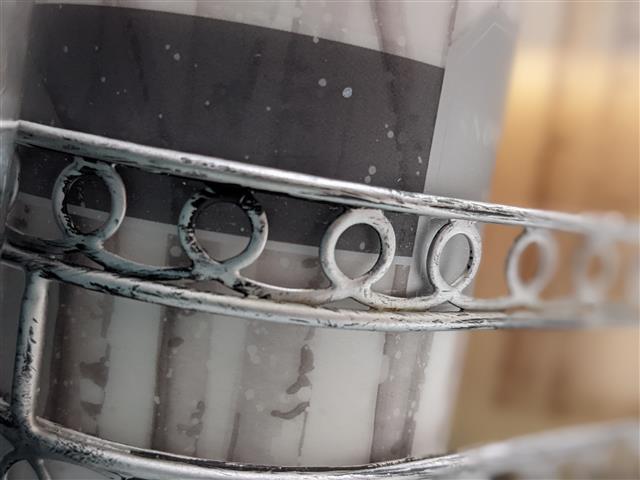AG Sessions Removes Obama Administration Policy Relating To Prosecution of Federal Marijuana Laws. On Tuesday, Attorney General Jeff Sessions issued a policy which directs local U.S. Attorneys to prosecute federal criminal offenses for cannabis law offenses, even in States where recreational and medicinal marijuana use has been approved by the voters. The new policy directive is troublesome for a number of factors, and should create worry for people that utilize medical marijuana in Michigan, or to those who dispense it.
Criminal Law Consequences. The policy revision could pose major difficulties to the Marijuana industry, which has been gradually expanding over the past decade. Up until the policy revision on Tuesday, a growing number of States opposed Federal regulations and prohibitions on marijuana use for any reason, and have passed medical marijuana regulations, as we have here in Michigan, or they have granted recreational use of cannabis, as Colorado and California have done, as examples. Nevertheless, even though the legislation in Michigan enables the usage of Medical Marijuana, those persons who are presently permitted to have, transport and usage cannabis lawfully under State law, are specifically disobeying federal law, and those individuals could be prosecuted in Federal Court for their narcotics violations.
Previously, the Obama Administration had put out a policy statement that, in States that had passed marijuana use laws, the Federal Government would disregard, except if they uncovered cannabis being sold on school grounds or in violation of other public law regulations. The protocol allowed for the expansion of permitted use of cannabis, both medical marijuana and recreational use marijuana, including here in Michigan. Now, there are severe worries that the development movement in other States will quit as a result of a fear that there may be a Federal crackdown on the marijuana industry. Dued to the fact that there are central registries in States that have medical marijuana, and that in States that have permitted recreational use, corporate documents denoting businesses that are participated in the marijuana industry, there are, rightfully many people who are afraid of arrest and, worst of all, Federal forfeiture of money and their yields.
Impact on Michigan. The impact to Michigan, like other States, is not fully ascertainable at this point. The question circles around the concern of whether the US Attorneys for the Eastern and Western District have an interest in reapportioning constrained resources to prosecute medical marijuana establishments. The U.S. Attorney’s Office has a finite budget and has to prioritize when and where to spend those resources. Recently, there has been a powerful push to focus on heroin, fentanyl, and human trafficking, all of which are significant concerns, particularly in the Eastern District which covers Wayne, Oakland and Macomb counties, as well as others.
Those facts indicate that it is unlikely that the US Attorney will redirect those resources to begin aggressively prosecuting cannabis related facilities.
However, there is a reason that the Medical Marijuana Facilities Licensing Application has a full-page disclaimer, implying that the candidate understands that the operation of their facility or usage of their license to take part in any way in the marijuana business, is not permitted by Federal Law and that the United States Government could prosecute such an organization for illegal violations. Before the policy position revision released by AG Sessions last Tuesday, the chances of such prosecutions were minimized. Now, however, Michigan Medical Marijuana Facilities Licensing Act candidates need to be familiar with the policy change, as they have a significant amount of capital in jeopardy in not only obtaining the license, but in handling their business. Despite The Fact That Medical Marijuana Facilities are running in complete compliance with Michigan Law, the operators, employees and financiers could all be subject to Federal prosecution.
Dispute of Laws and the 10th Amendment. Many individuals might rightfully shake their head in confusion at these problems. One view is that, Michigan voters have passed a law permitting the usage of marijuana under certain highly controlled circumstances. Why should the Federal Government be able to come in and tell the State of Michigan they can not allow the use of Medical Cannabis. The other perspective is that the Federal Government has said the use of marijuana is illegal and so, the States should not have the ability to undermine those laws. Such is the age-old debate over Federalism and States’ Rights. The solution is, the States have their own system of regulations that they are authorized to execute, independent and apart from those passed and implemented by the Federal Government. The dualist system of laws is an outgrowth of the 10th Amendment’s provisions, enabling the States to have their own set of laws, an outcome of what is generally called the “States’ Rights” movement. Nevertheless, where Federal Law and State Law are in explicit dispute, Federal Law may be implemented, even if some States have conflicting laws, because of this dual system. As a result, anyone applying for a facilities license under the Medical Cannabis Facilities Licensing Act, needs to not only take the waiver seriously, but needs to speak to a lawyer who can go over with you the potential criminal liability you may be subject to in Federal Court should you establish and run any of the facilities allowed under the MMFLA.



